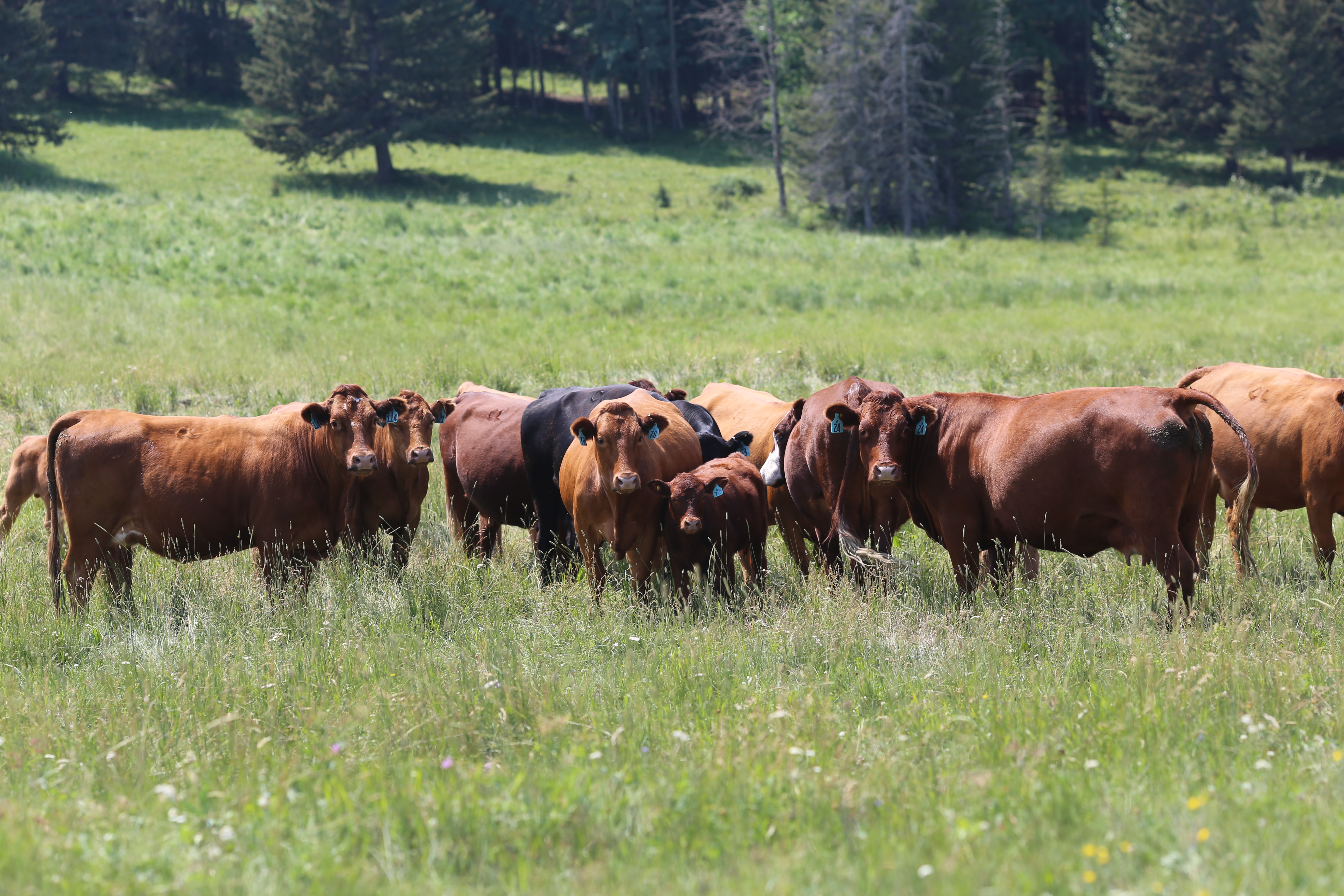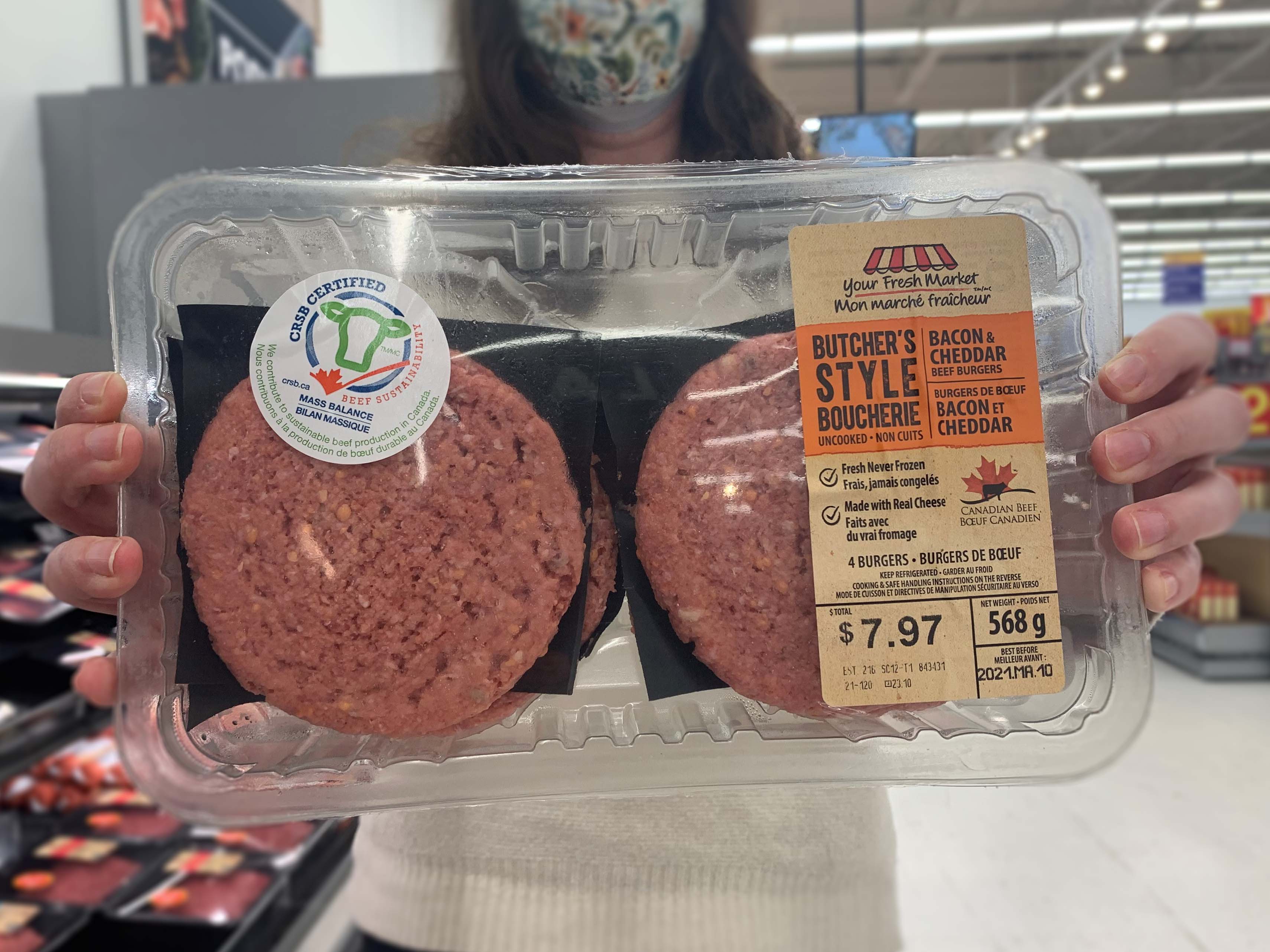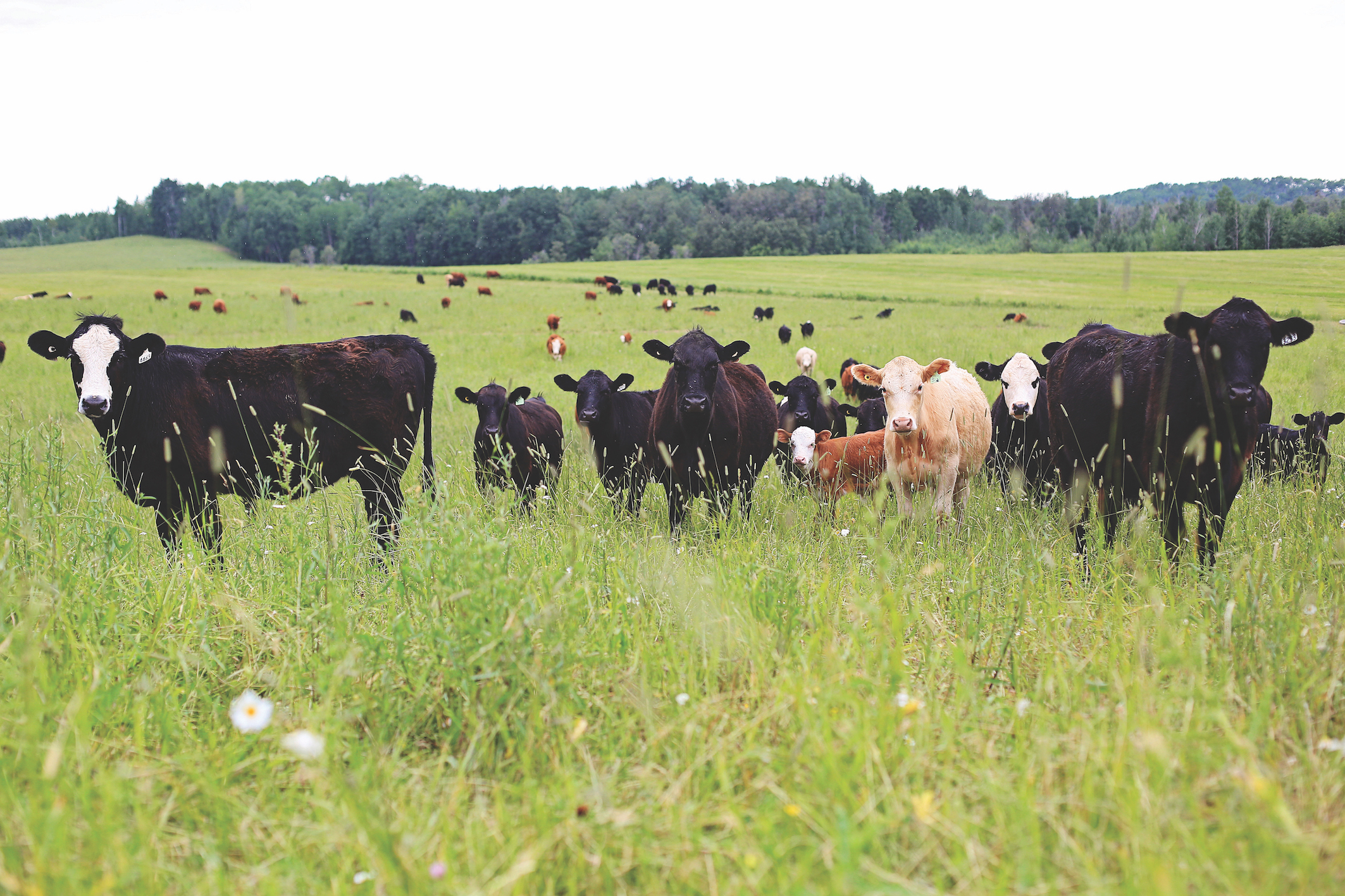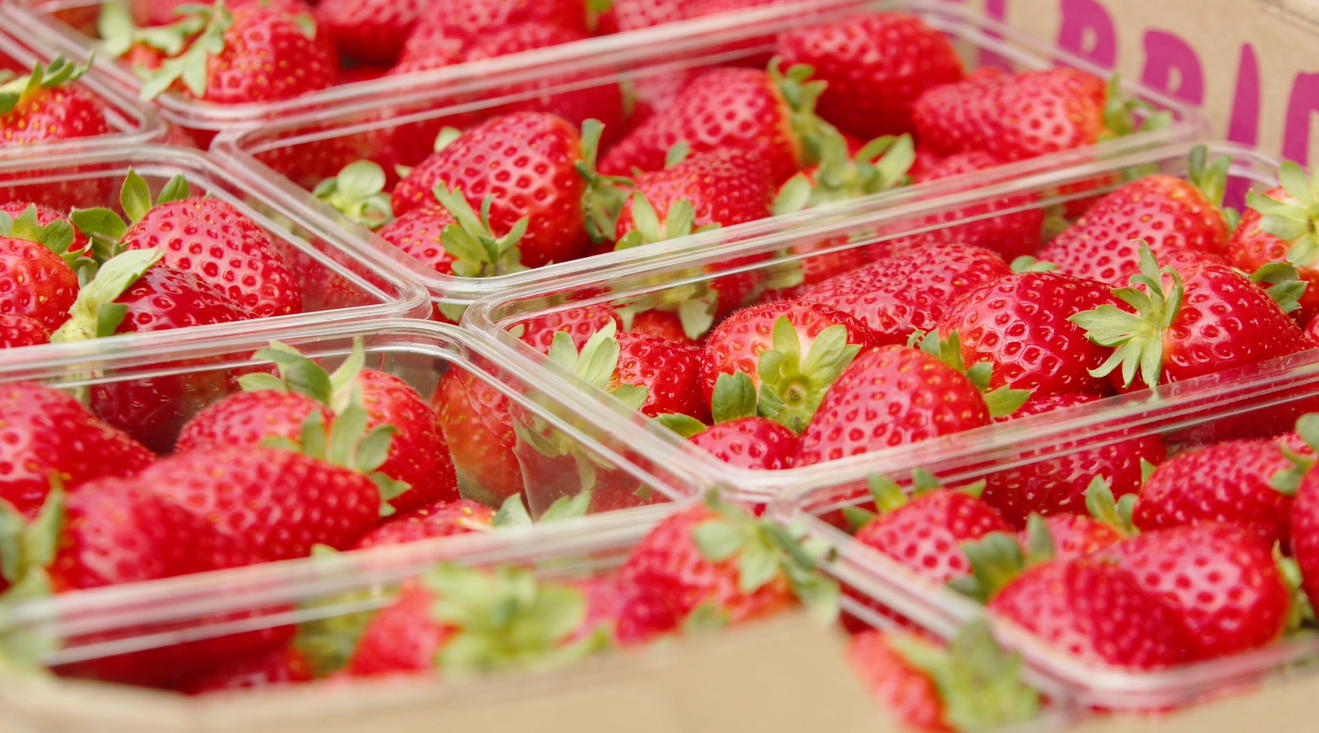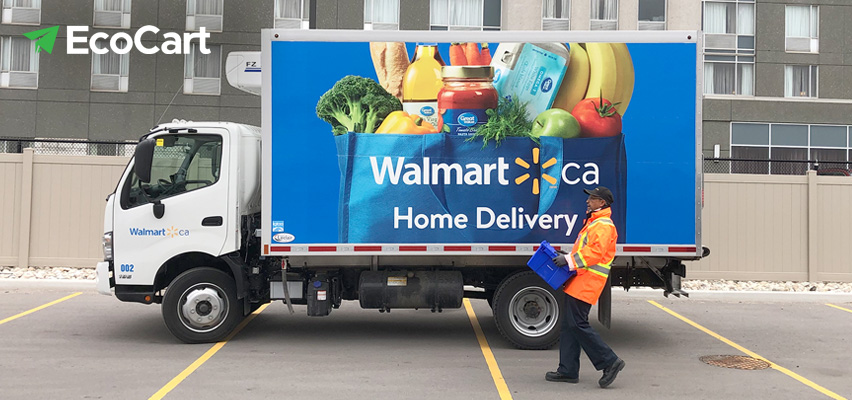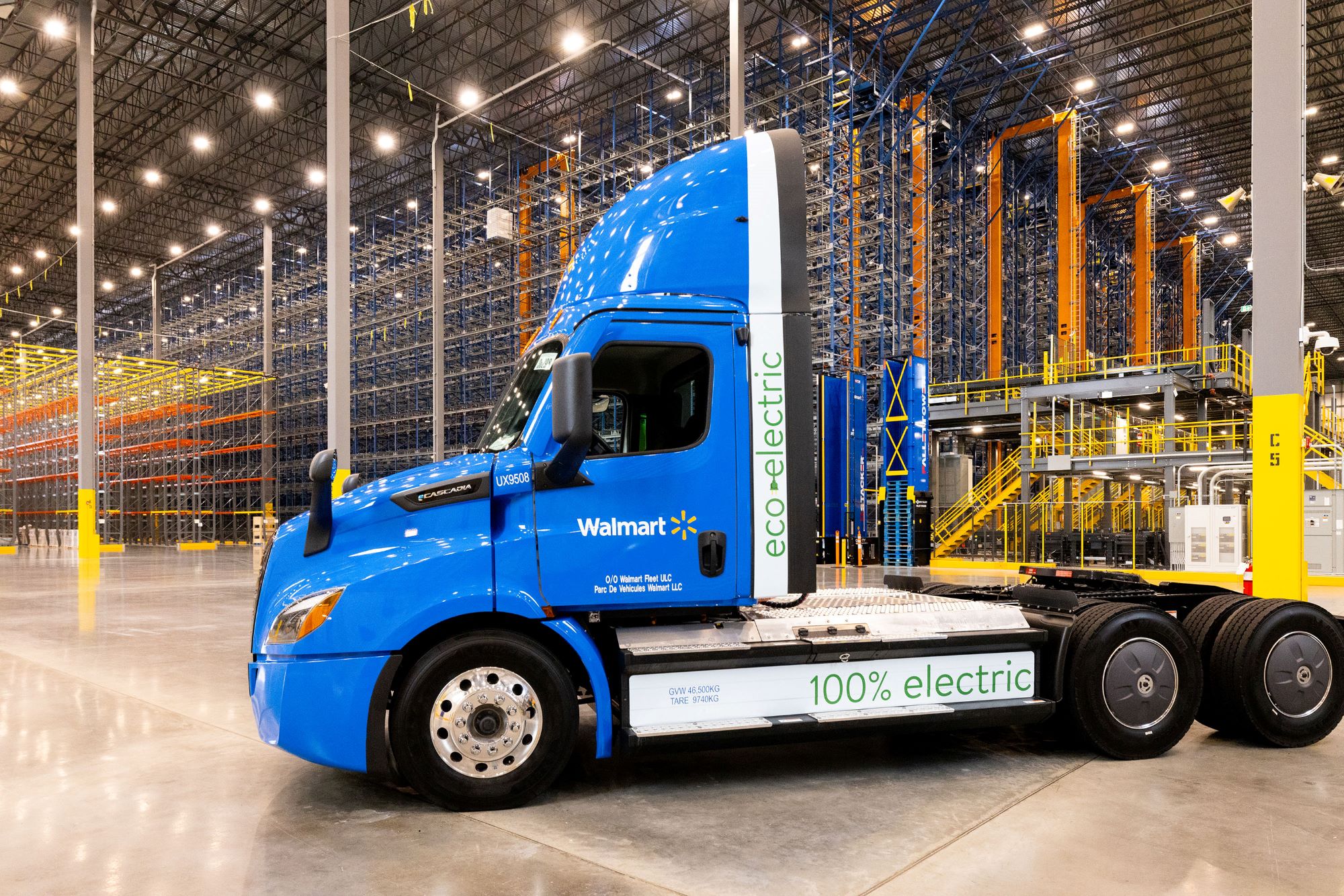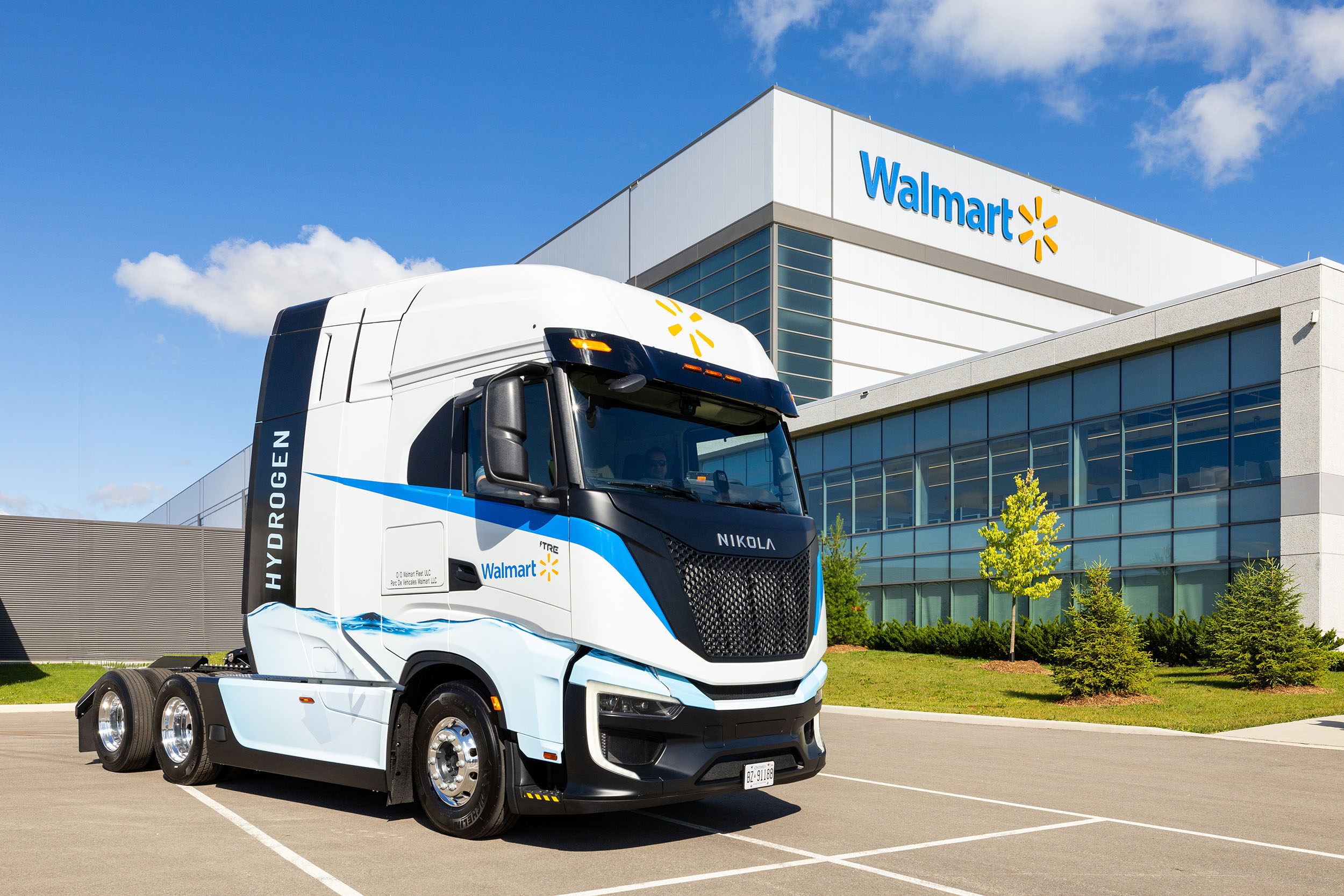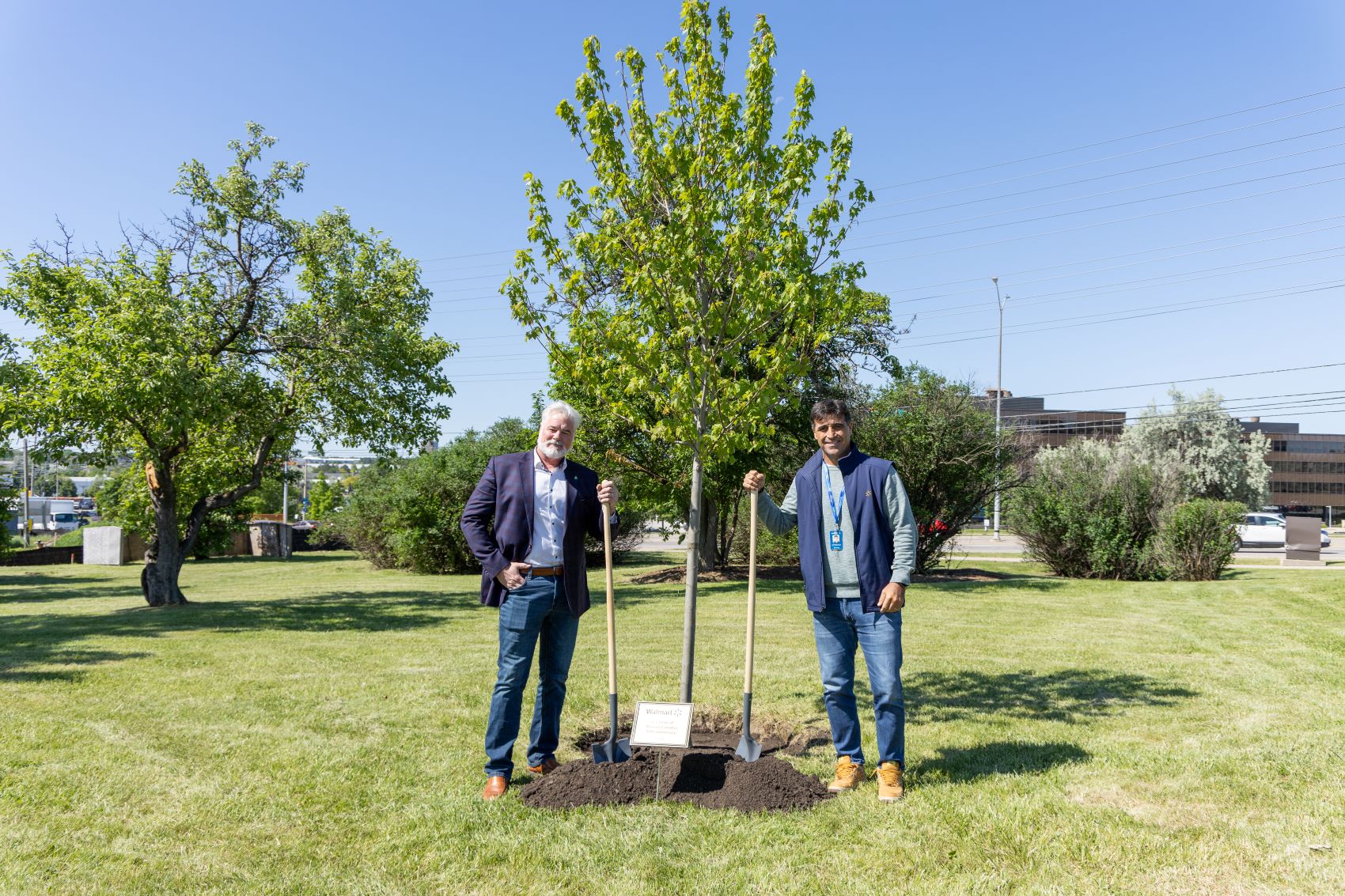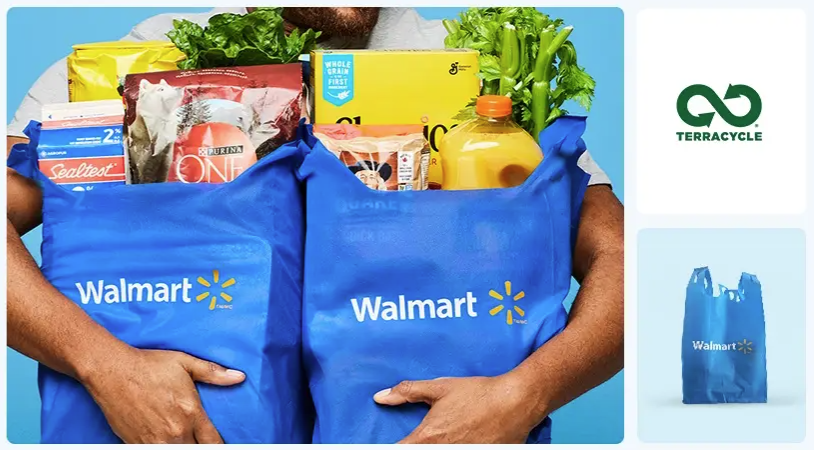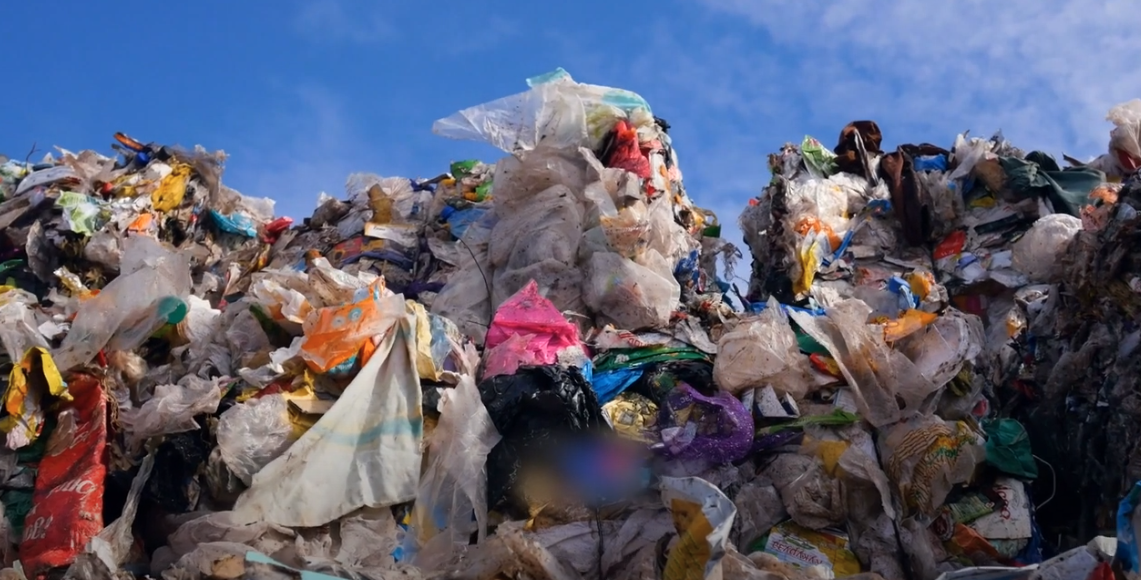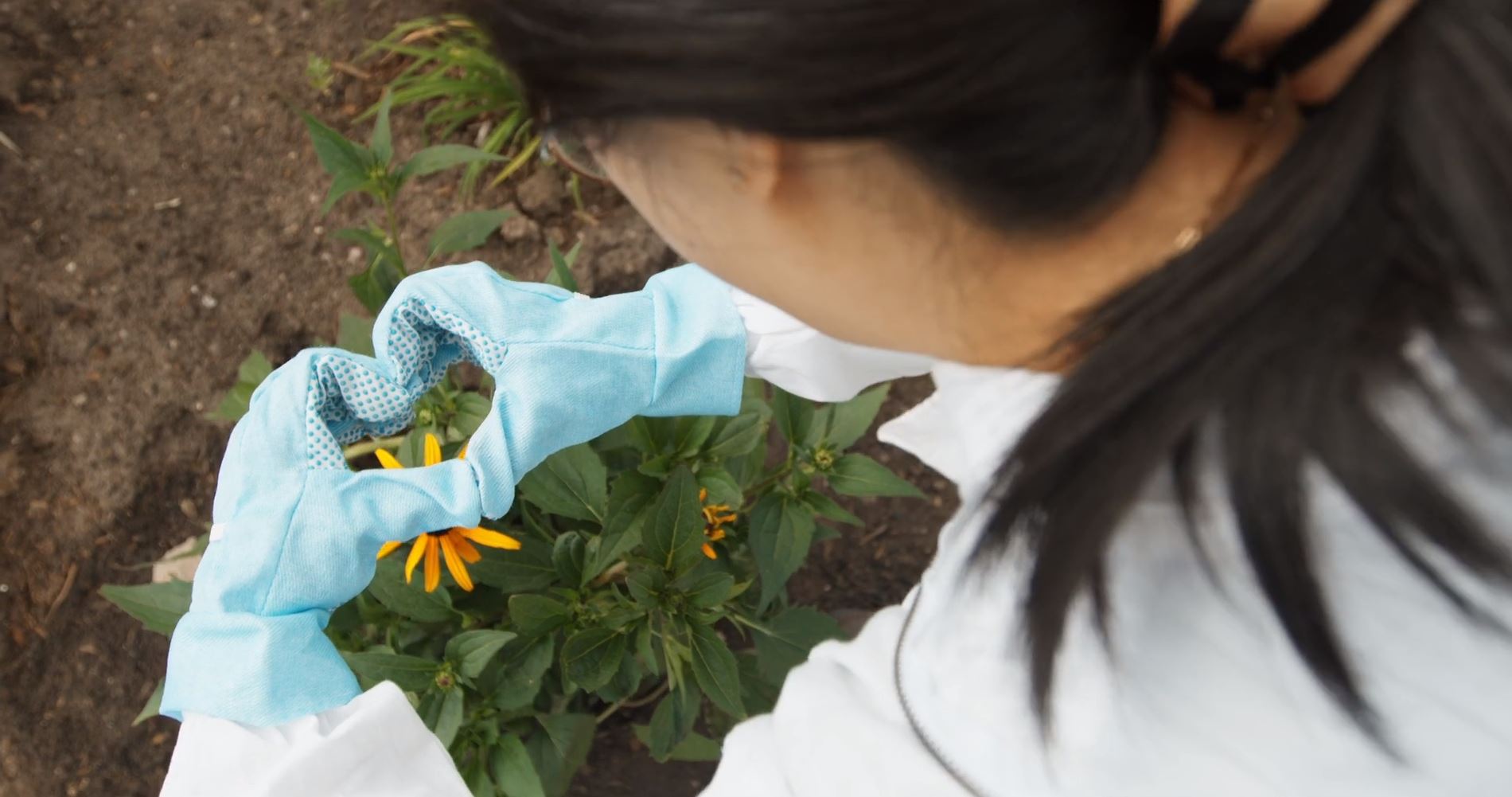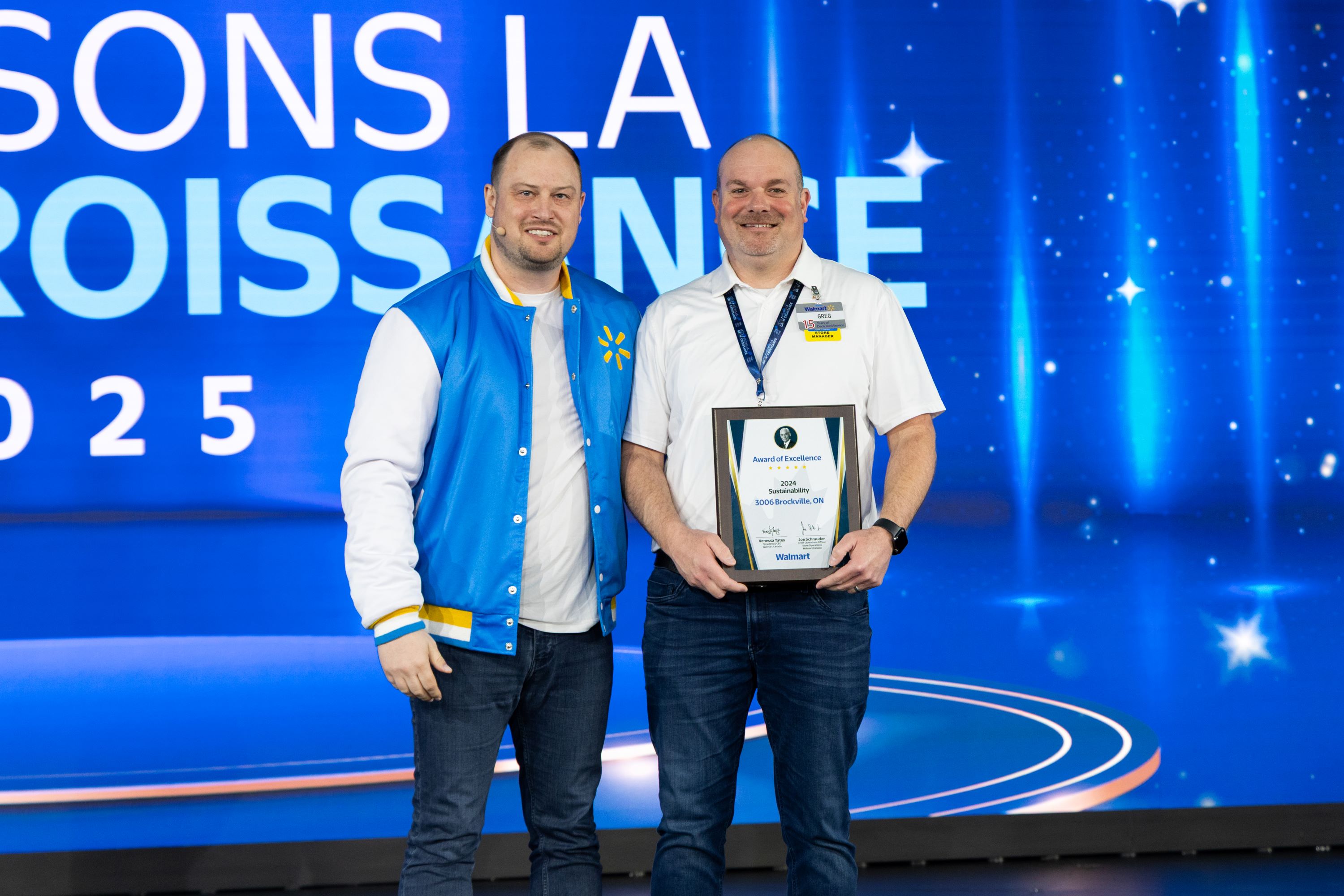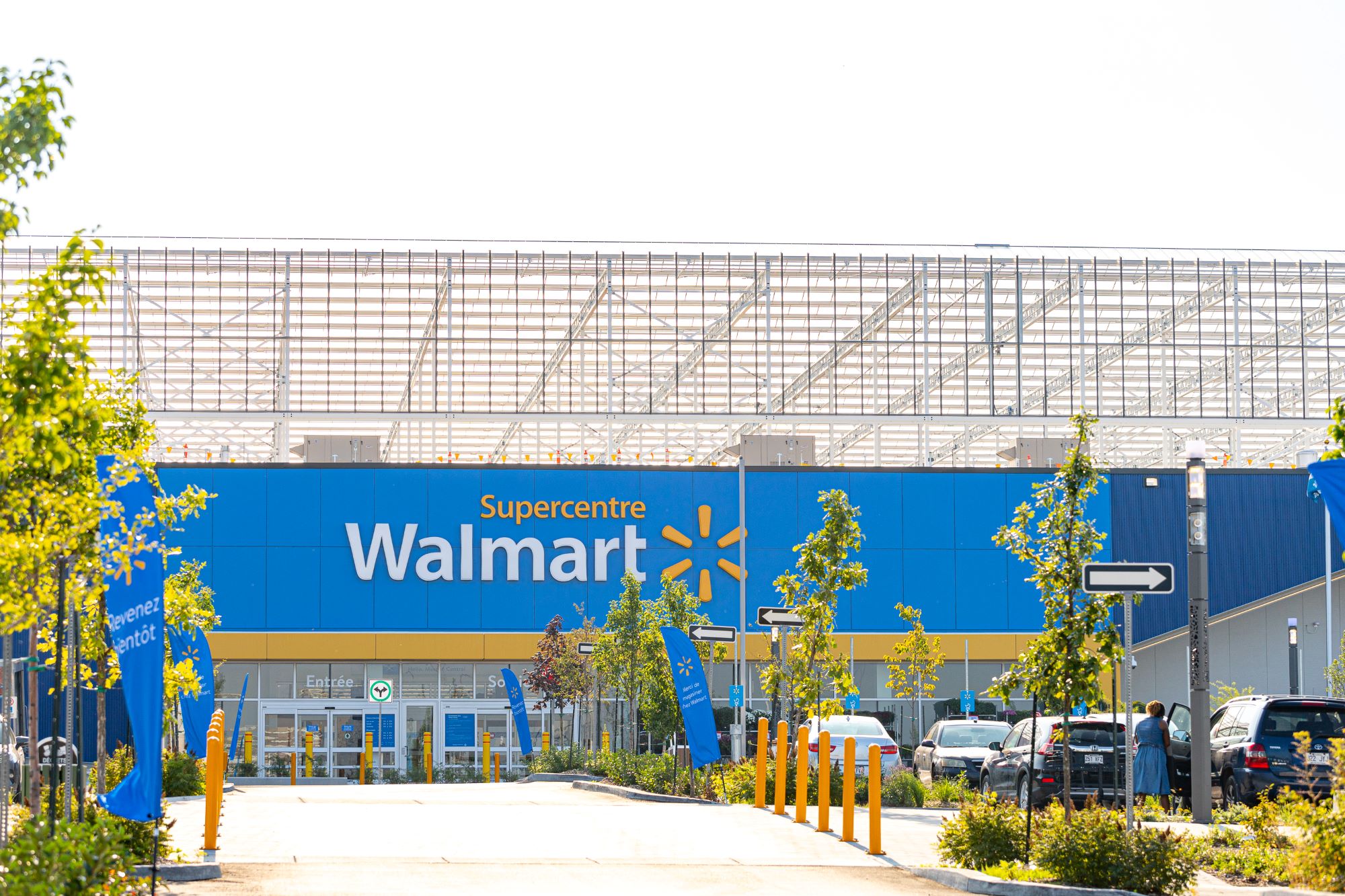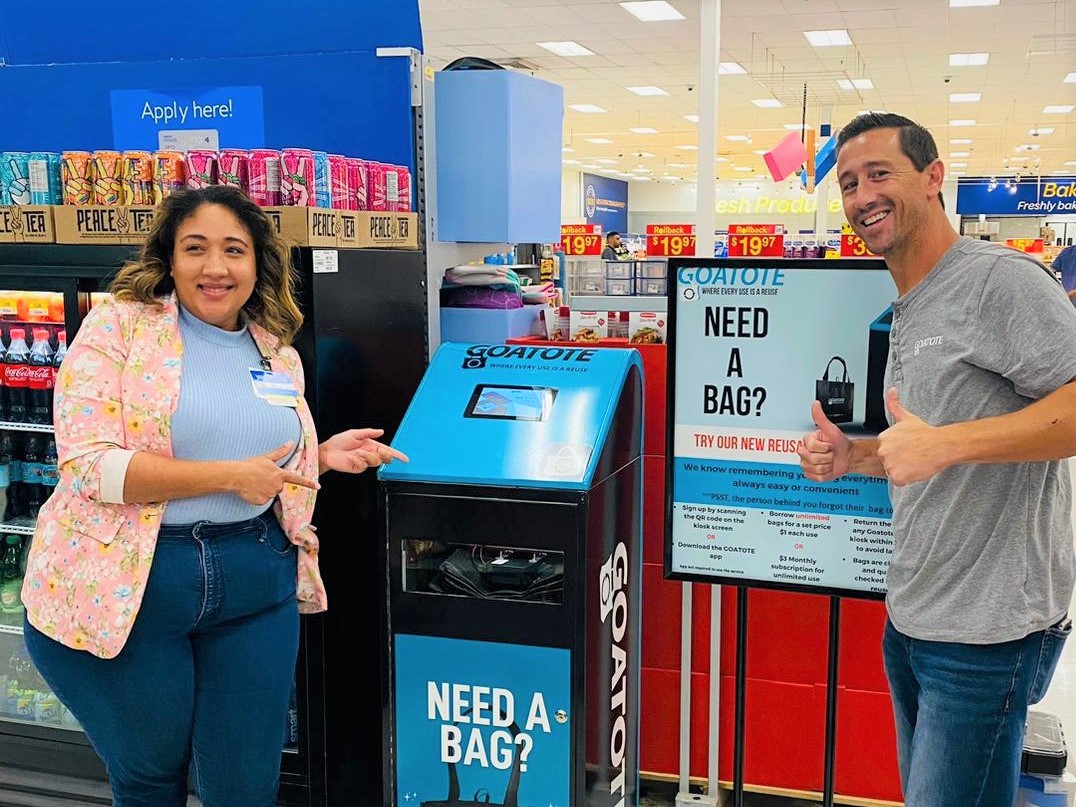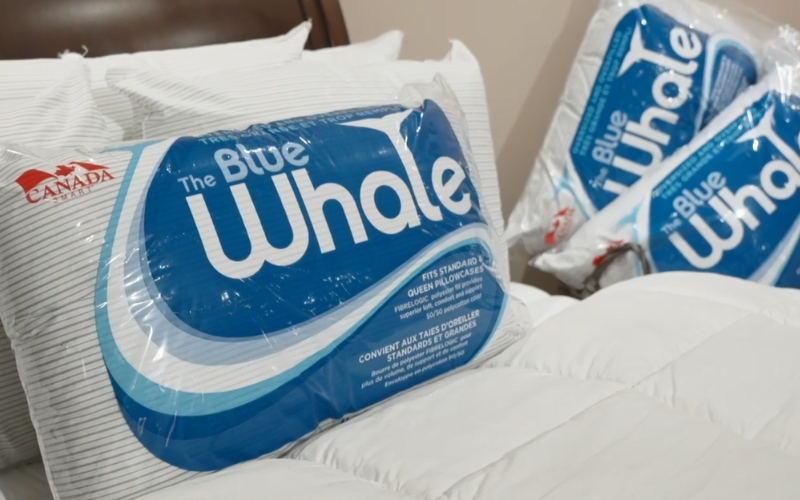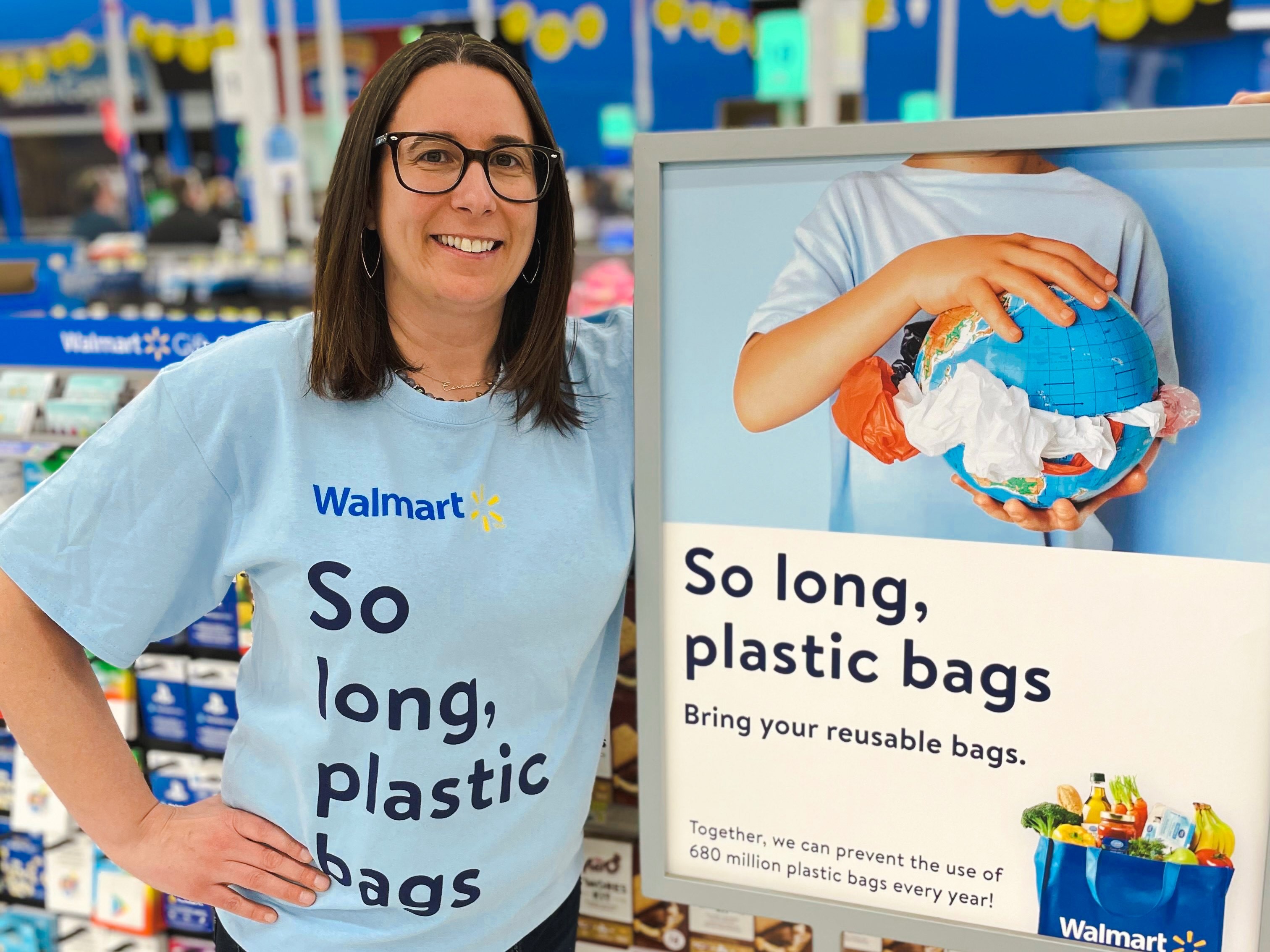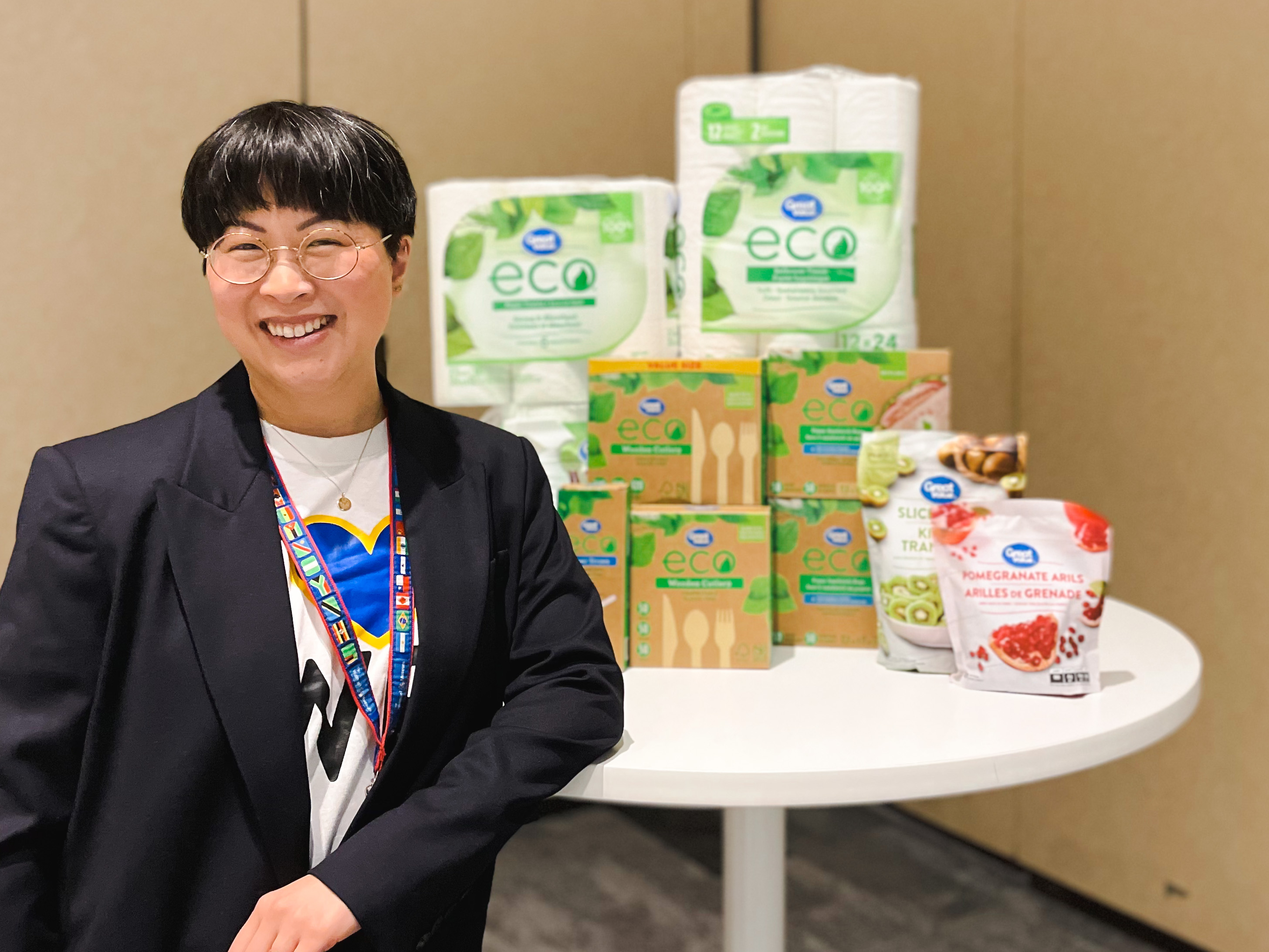Sustainability
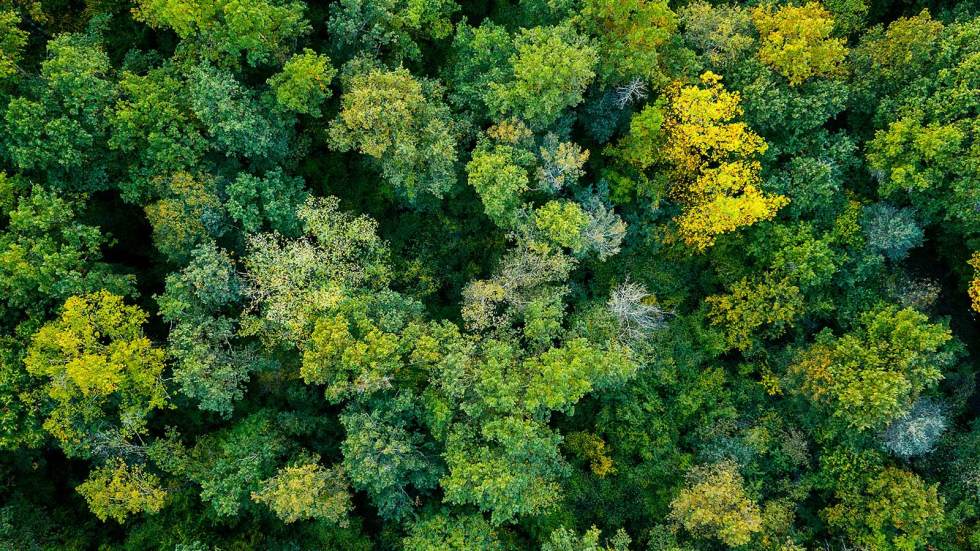
At Walmart Canada, making sure our footprint on the planet is as light as possible is a responsibility we take very seriously. That’s why sustainability is a major part of our regeneration strategy. As we work to become a regenerative company – one that keeps nature and humanity at the centre of our business – we’re striving to not only preserve the environment, but to restore, renew and replenish it, and encourage others to do the same.
Latest Sustainability News
Climate Action
Emissions Reduction
Walmart is taking measurable steps toward emissions reduction and inviting our suppliers to join us on the journey. In 2019, Walmart Canada joined Walmart’s Project Gigaton, a global effort to remove a gigaton of emissions — the equivalent of 211 million passenger vehicles a year — from the global value chain by 2030.1
Globally we achieved our Project Gigaton goal six years early, with suppliers reporting projects that are expected to exceed 1 billion metric tons of cumulative emissions reduced, avoided, or sequestered in global value chains by 2030.
1 Calculated in accordance with Walmart’s Project Gigaton Accounting Methodology, available on the Walmart Sustainability Hub. This result includes emissions that may only be avoided, reduced, or sequestered after FY2024. In accordance with Walmart’s Project Gigaton Accounting Methodology, the emissions impact of projects and initiatives with an estimated lifespan of more than one year are accounted for in the year they are reported, up to and including anticipated emissions impacts in 2030.
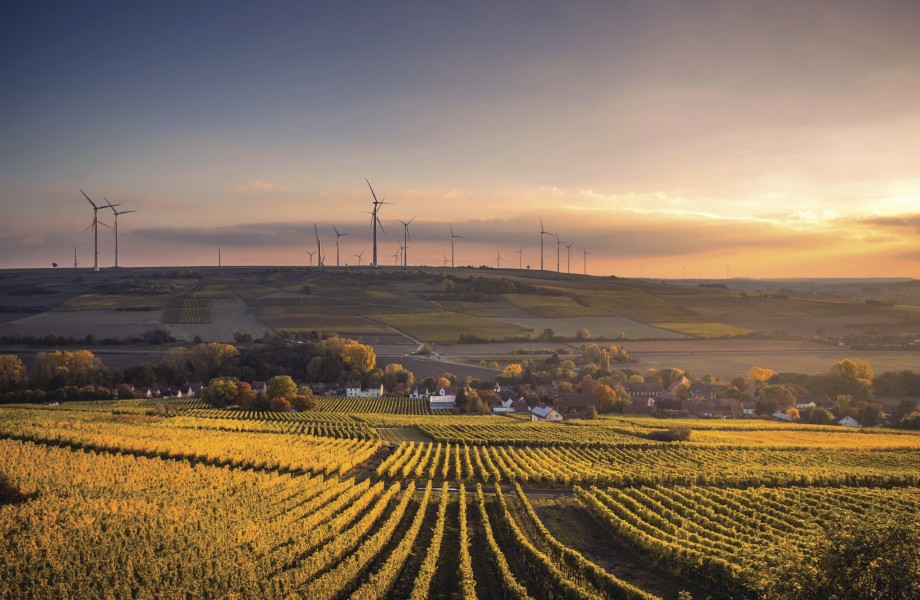
Land and Water
Globally, Walmart has pledged to help protect and restore the world's forests, oceans and habitats and we're also working to protect, manage and restore at least 50 million acres of land and one million square miles of ocean by 2030.
Waste Reduction
Food
At Walmart Canada, we aim to send zero food waste to landfill by 2025 . We’re working to achieve this by discounting food that is approaching peak freshness to encourage quick sale. Stores and distribution centres can also donate their safe, surplus food to local food banks in partnership with Food Banks Canada and can send whatever is left to organic recycling programs, where available.
Packaging
Walmart is committed to making the packaging on all Walmart Brands products recyclable, reusable or compostable by 2025. While we have made progress towards this goal, at this time, we do not expect Walmart Canada to meet this goal by 2025 based on current data, assumptions, and external dependencies.
Sustainable Products
We’re working with our suppliers to offer an assortment of products that are more sustainable and affordable. We’re also sourcing fresh food and products grown or manufactured in Canada, which helps support Canadian jobs and local economies and can cut down on emissions from transportation.
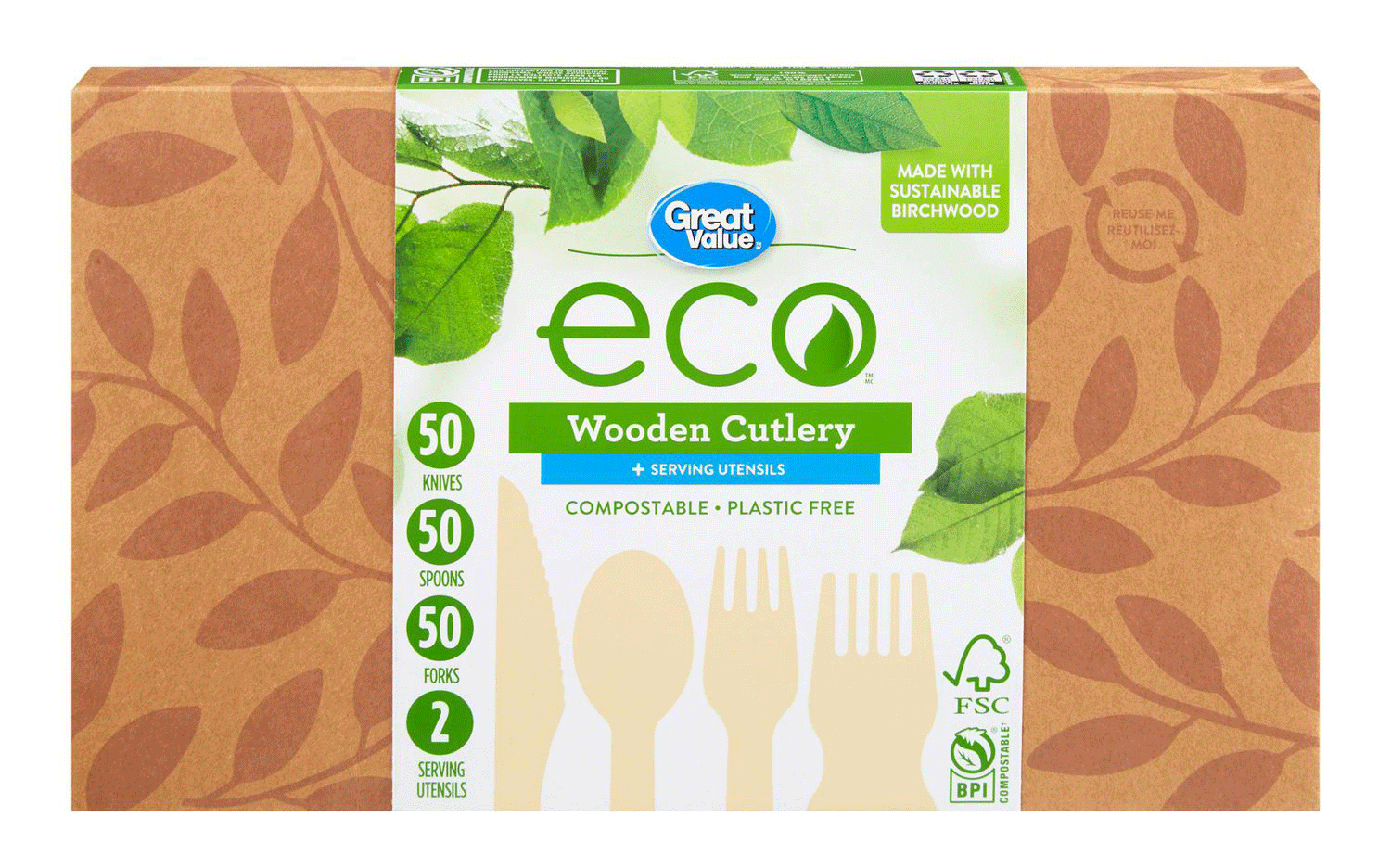
Meat
Walmart Canada is proud to carry fresh beef, pork and chicken sourced in Canada.
In 2023, Walmart Canada is committing to purchase 4 million pounds of beef sourced from CRSB Certified sustainable farms and ranches. This amount more than doubles the original commitment made in 2021.
Seafood
We’re building transparency and continually improving our seafood supply chain to promote the health of species, fisheries and ecosystems around the world.
Review our Seafood Policy here.
Textiles & Apparel
We’re working with suppliers and other stakeholders to make our textiles more sustainable as demand for these products increases along with the global population. We’re taking steps to source more sustainable cotton and recycled polyester, and to make sure fibres such as rayon and modal don’t come from ancient or endangered forests, endangered species’ habitats or other controversial sources. While we have made progress towards this goal, at this time, we do not expect Walmart Canada to meet this goal by 2025 based on current data, assumptions, and external dependencies.
Find out more on the Walmart Sustainability Hub.
Animal Welfare
Walmart is committed to ensuring the welfare and humane treatment of the farm animals in our supply chain. We don’t tolerate animal abuse of any kind, adhering to the globally recognized Five Freedoms of animal welfare.
View our full Animal Welfare policy.




